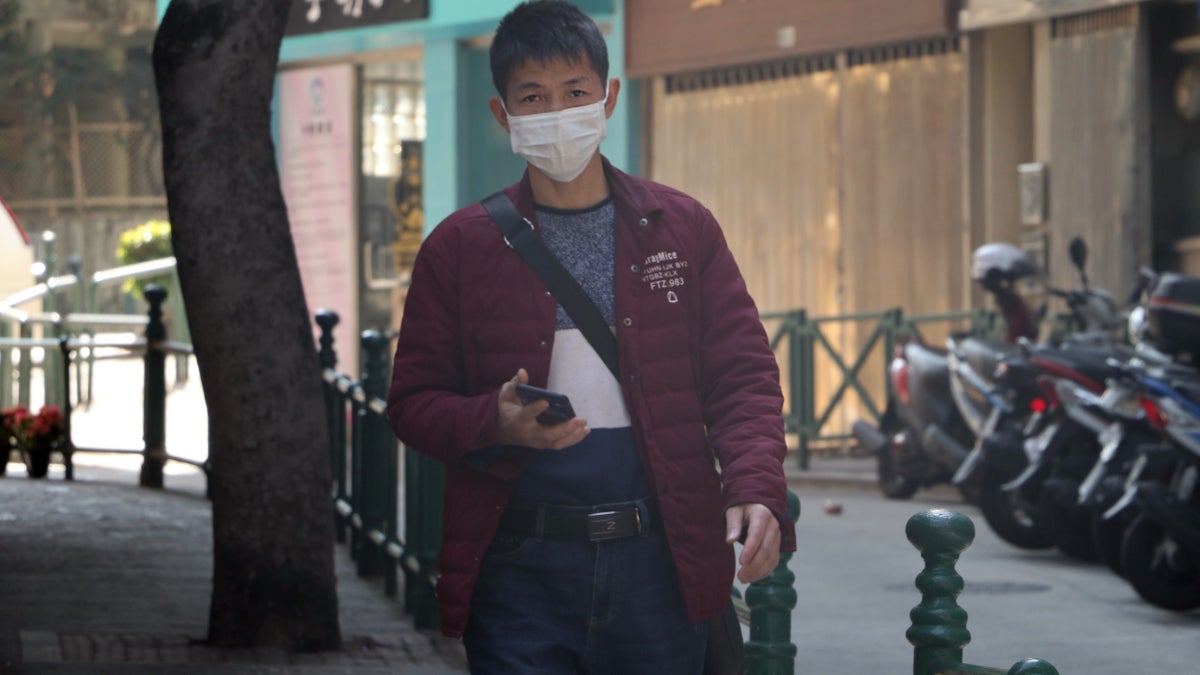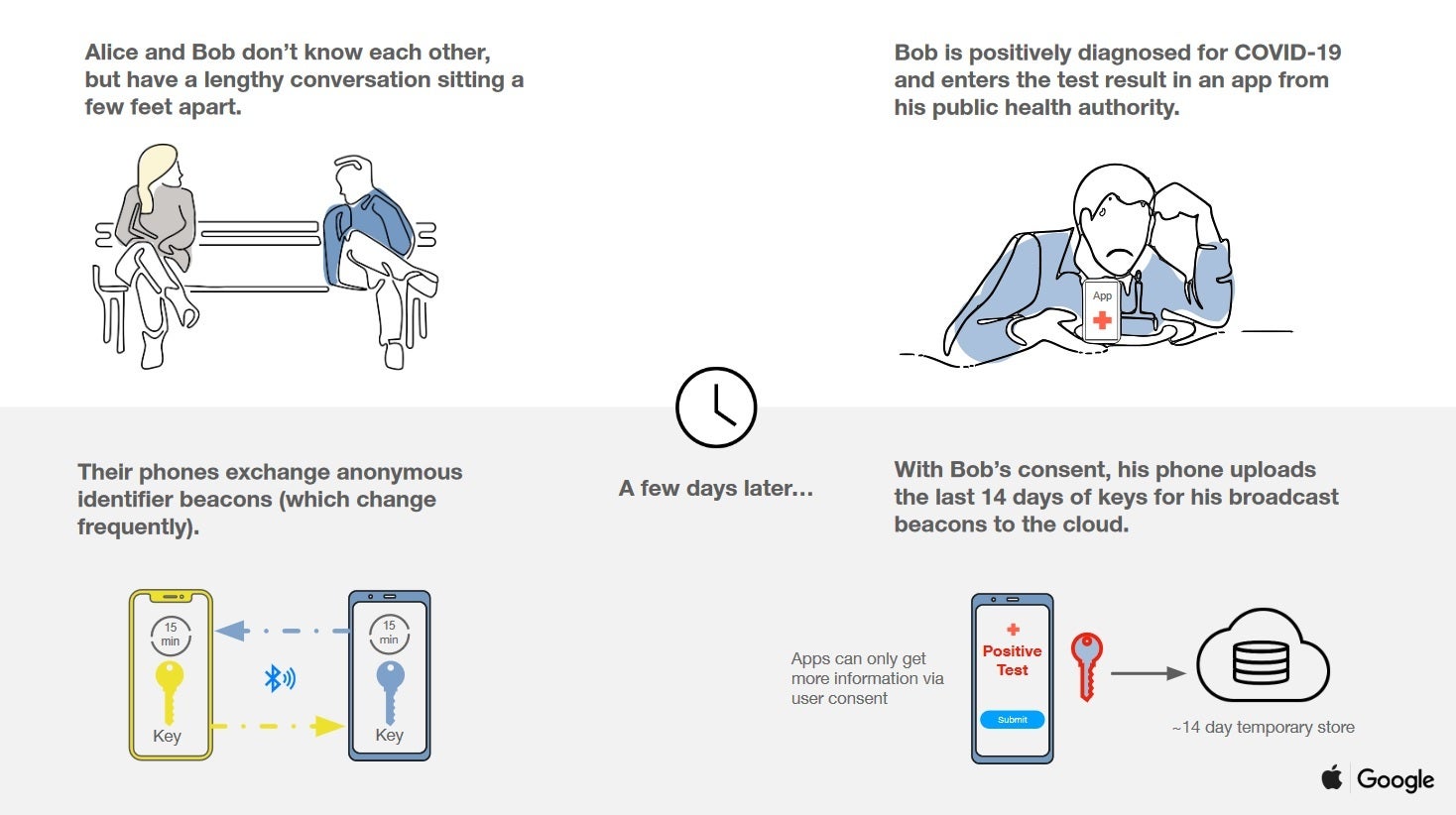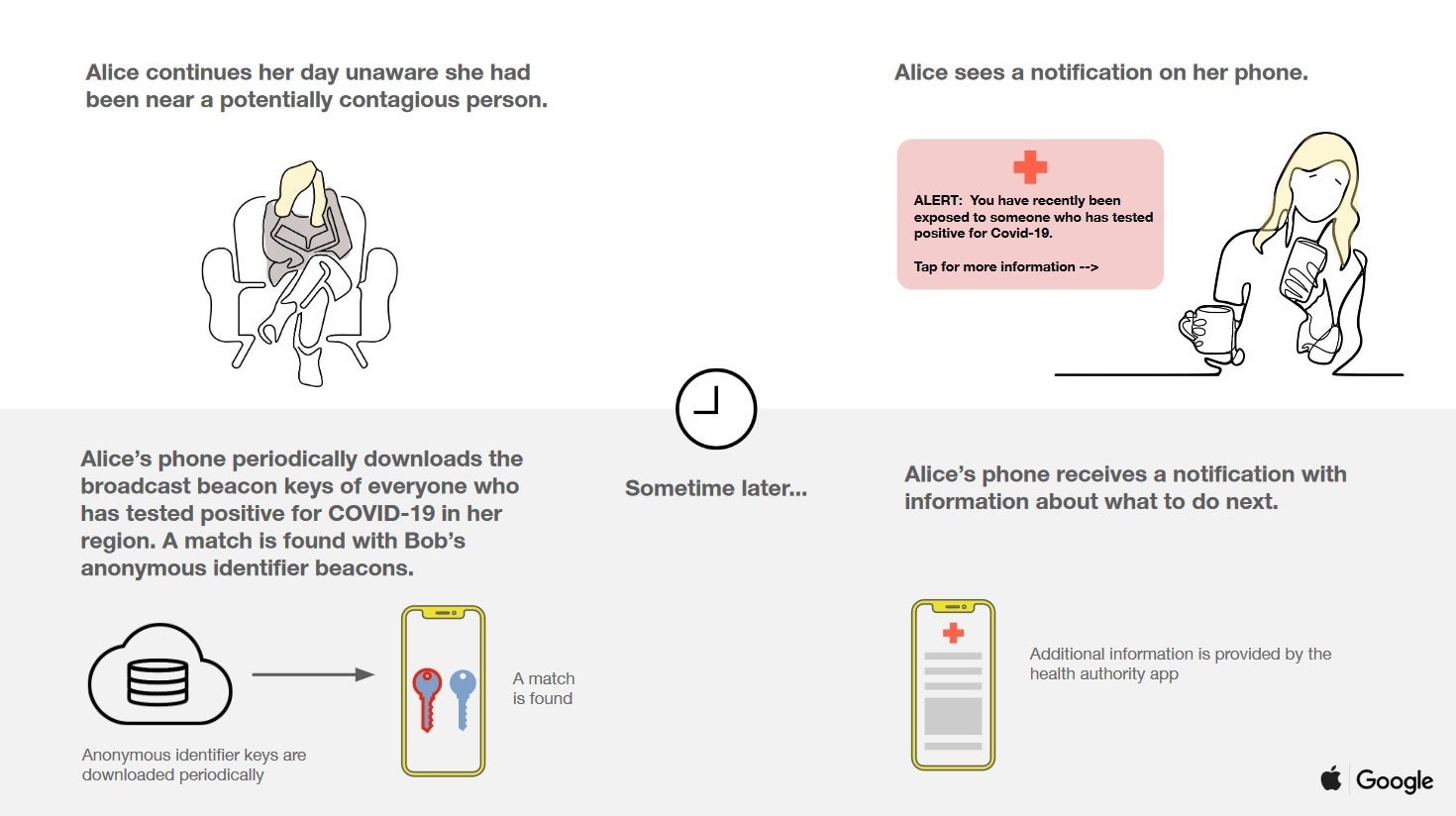Irony: Some complain that Apple and Google are being too protective of consumers' private info

Despite the hullabaloo over Apple and Google working together to help the world reduce the spread of COVID-19, the closer we get to implementation of the two rivals' contact tracing system, the more some officials say that it will never work. First, let's explain how this system is designed to work. The idea is to give consumers a heads up that they have been in the vicinity of someone who has tested positive for COVID-19. Once that person finds this out, he or she can get tested and self-quarantine for two weeks. That would remove someone who could possibly spread the virus, from the street.
Because of privacy restrictions, some see Apple and Google's contact testing program as a waste of time
Later this month Apple and Google will launch the initial phase of their program. Both firms will release APIs that allow for interoperability between Android and iOS devices using apps from public health authorities. These apps will be installed via the App Store for iOS users and via the Google Play Store for those with an Android handset. In the second phase, both iOS and Android will have the platform built right into their operating system allowing more users to opt-in and use contact tracing.

How Apple and Google's contact tracing program works, part one
To illustrate how this process works, let's say that there are two people who don't know each other at all; Tim uses an iPhone 11 Pro Max and Sundar sports a Pixel 4 XL. Tim and Sundar are spending a relaxing Sunday afternoon in Times Square when their paths cross. Using Bluetooth LE, both of these men's phones exchange anonymous identifier beacons and the information becomes part of a database on each of their phones. Now let's say that Sundar discovers that he has COVID-19. He enters that information into the public health authority app he previously downloaded. With Sundar's consent, his phone broadcasts anonymously his positive COVID-19 test data and the last 14-days of keys related to his broadcast beacons.

How Apple and Google's contact tracing program works, part two
In the meantime, Tim's phone is checking the cloud at least once a day, looking for the broadcast beacon keys for everyone in his area that tested positive for COVID-19. A match is found with Sundar's anonymous identifier beacons. Tim receives a notification alerting him that he was exposed to someone who tested positive for COVID-19 and is sent information telling him what to do next.
According to the Washington Post, officials are upset because they say that Apple and Google have baked too many privacy restrictions into the system since it won't alert health officials whenever someone has been exposed. In other words, returning to the previous example, when Tim discovers that he has been exposed to someone with COVID-19 it is totally up to him to get tested and self-quarantine. The system also will not reveal the location where Tim and Sundar crossed paths. Helen Nissenbaum, a professor of information science and director of the Digital Life Initiative at Cornell University, said that Apple and Google's refusal to share its exposure notification results with public health authorities because of "privacy" issues is nothing but a "flamboyant smokescreen." The professor also said, "If it’s between Google and Apple having the data, I would far prefer my physician and the public health authorities to have the data about my health status. At least they’re constrained by laws."
It is beyond ironic that those complaining that Apple and Google aren't sharing more personal information are the first to demand more privacy from these tech companies. Apple and Google are taking the position that limiting the release of information to the government will bolster the use of the program since it will allow users to feel more comfortable with the protections created by the tech firms.
Some are warning that Apple and Google's privacy restrictions are making its system useless. "I don’t think they have an important role to play for most of the population," says Mike Reid, an assistant professor of medicine at the University of California at San Francisco. A poll conducted last month by the Washington Post-University of Maryland poll revealed that Americans trust public health agencies more than they trust Apple and Google to keep their personal data secure.
Reid is in charge of California's efforts to use train thousands of people to do contact tracing by hand. Using software made by Salesforce and Accenture, this group will rely on phone calls to manually inform people when they have been in the vicinity with someone who has contracted COVID-19. Reid says, "We go to pains to minimize the amount of data we take from people and we ask consent from people we’re talking to on the phone. We go to considerable lengths to ensure there are strong technical controls to ensure the anonymization of our platforms. Can you say the same thing about these big tech companies? I’m not sure."
Follow us on Google News













Things that are NOT allowed:
To help keep our community safe and free from spam, we apply temporary limits to newly created accounts: